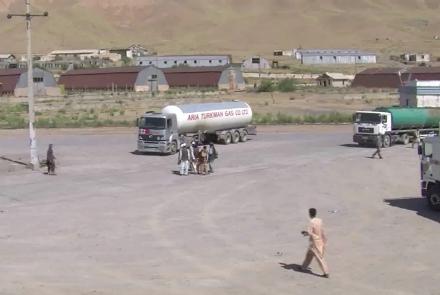The Ministry of Finance has decreased the fuel tax from 12 percent to six percent in order to reduce the prices in the local markets, officials from the ministry said on Thursday.
Deputy head of customs in the Ministry of Finance, Najibullah Wardak, said Afghan companies have been allowed to import petrol A80, a high-quality fuel, which was banned in the past.
“The Afghan government should sign government-to-government agreements with fuel exporter countries. Today’s decision has been made to reduce fuel prices in the country,” Wardak said.
Officials from Fuel and Gas Department said the move will be effective to reduce fuel prices in the local markets.
“The role of national revenue from this sector should be regulated based on the new tariffs on fuel importers and based on the mechanisms to prevent illegal import of fuel,” said Walid Tamim, head of the department.
“We are committed to implementing the decision,” the head of Fuel Importers Union Azrakhsh Hafizi said.
Currently, the price for one liter of petrol is up to 46 AFs, diesel for at least 45 AFs and the price for one liter of liquid gas is nearly 58 AFs in Kabul markets.


